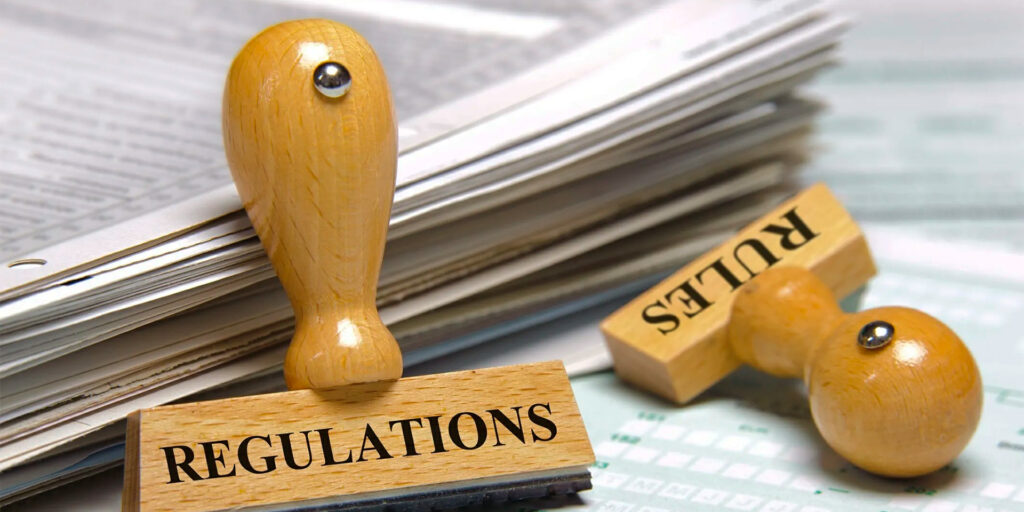Many people think closing unused credit cards boosts their credit score, but it actually does more harm than good. Closing cards reduces your total available credit, increasing your credit utilization ratio and potentially lowering your score. Instead, make small purchases or transfer the credit limit to another card to maintain a healthy utilization ratio.
Another common myth is that carrying a balance on your credit cards is necessary to maintain a good score. This is false. Paying off your balance in full each month shows responsible credit management and helps improve your score. Keeping your utilization ratio low and making timely payments also contribute significantly to your credit health.
Lastly, errors on your credit report can have a significant impact on your score. Regularly checking your credit score, using free tools like Chase Credit Journey, helps you detect errors or fraud promptly without affecting your score. Promptly disputing inaccuracies is essential to maintain a strong credit score and avoid unnecessary expenses. Remember, frequent personal checks don’t harm your score, so review it every few months to stay on top of your financial health.
How Often Should I Check My Credit Score Without Affecting It?
You should check your credit score at least once a year without affecting it. Checking your own credit score is considered a soft inquiry and won’t hurt your score. To stay on top of your credit health, we recommend checking your credit score about every four months. This helps you spot errors or fraud early, making sure your credit information is accurate.
Using tools like Chase Credit Journey® allows you to check your credit score for free without any impact. Such tools can be a practical way to stay informed and vigilant about your credit health.
To sum up, you should aim to check your credit score at least once a year, ideally every four months, using free tools that don’t affect your score. This approach ensures you catch any issues early and maintain accurate credit information.

Does Closing Unused Credit Cards Help Or Hurt Your Credit Score?
Closing unused credit cards can hurt your credit score, especially if it impacts your credit utilization ratio and the average age of your accounts. When you close an unused credit card, you reduce your total available credit. This can increase your credit utilization ratio if you have existing balances, which is a major factor in your credit score. Additionally, closing an account can reduce the average age of your credit history, which also affects your score.
However, there are situations where closing an unused credit card might be beneficial. If the card has a high annual fee you can’t afford or it tempts you to overspend, closing it might be the right choice despite a potential dip in your score.
Consider alternatives to closing, such as using the card for small purchases to keep it active or transferring its credit limit to another card with the same issuer if possible. This helps you preserve your total available credit and maintain a healthy credit utilization ratio.
To wrap things up, closing unused credit cards can hurt your credit score by affecting your credit utilization ratio and the average age of your accounts. However, if a card has high fees or tempts you to overspend, you might need to close it. Instead, try using it for small purchases or transferring its limit to another card to keep your credit health in check.
Is Income A Factor In Determining Your Credit Score?
No, your income does not directly affect your credit score. Credit scores are calculated based on your credit report, focusing on payment history, amounts owed, length of credit history, new credit, and types of credit used. Income, banking history, and specific bills are not included in this calculation.
However, even though income isn’t a factor in determining your credit score, it does impact your overall creditworthiness. Lenders look at your income to assess your ability to repay loans. A high income with low debt suggests good repayment capability, while a low income with high debt may be seen as riskier.
To keep your credit score healthy, you must manage your debt wisely and maintain good payment habits. Although your income influences your creditworthiness, it’s your credit management that directly affects your credit score.
In the end, your income doesn’t directly affect your credit score, but your credit management does. Maintain good payment habits and manage debt wisely to keep your credit score in good shape.
Can Employers See My Credit Score When I Apply For A Job?
No, employers cannot see your credit score when you apply for a job. However, they can request a modified version of your credit report with your consent. This version includes information such as your credit accounts, payment history, debts, bankruptcies, and some work history.
Employers use this information to gauge your financial responsibility, manage risks related to theft, verify your identity, or detect application fraud. Remember, your credit score itself and specific details are not visible to them.
As a final point, you should know that while employers can access a modified credit report, your actual credit score remains private.
Does Paying Off A Loan Immediately Improve Your Credit Score?
Paying off a loan immediately might not boost your credit score right away. You could even see your score drop or stay the same because paying off a loan affects your credit mix, which is part of your score calculation. Your credit diversity might decrease if it was your only loan.
However, paying off a loan has notable benefits:
- You save on interest.
- It improves your debt-to-income (DTI) ratio.
- Over time, it positively impacts your financial health and can help your credit score recover.
Always check for any prepayment penalties before paying off loans early.
Bringing it all together – paying off a loan might not instantly improve your credit score, but it saves you on interest and eventually benefits your financial situation. Just be mindful of any prepayment penalties.



